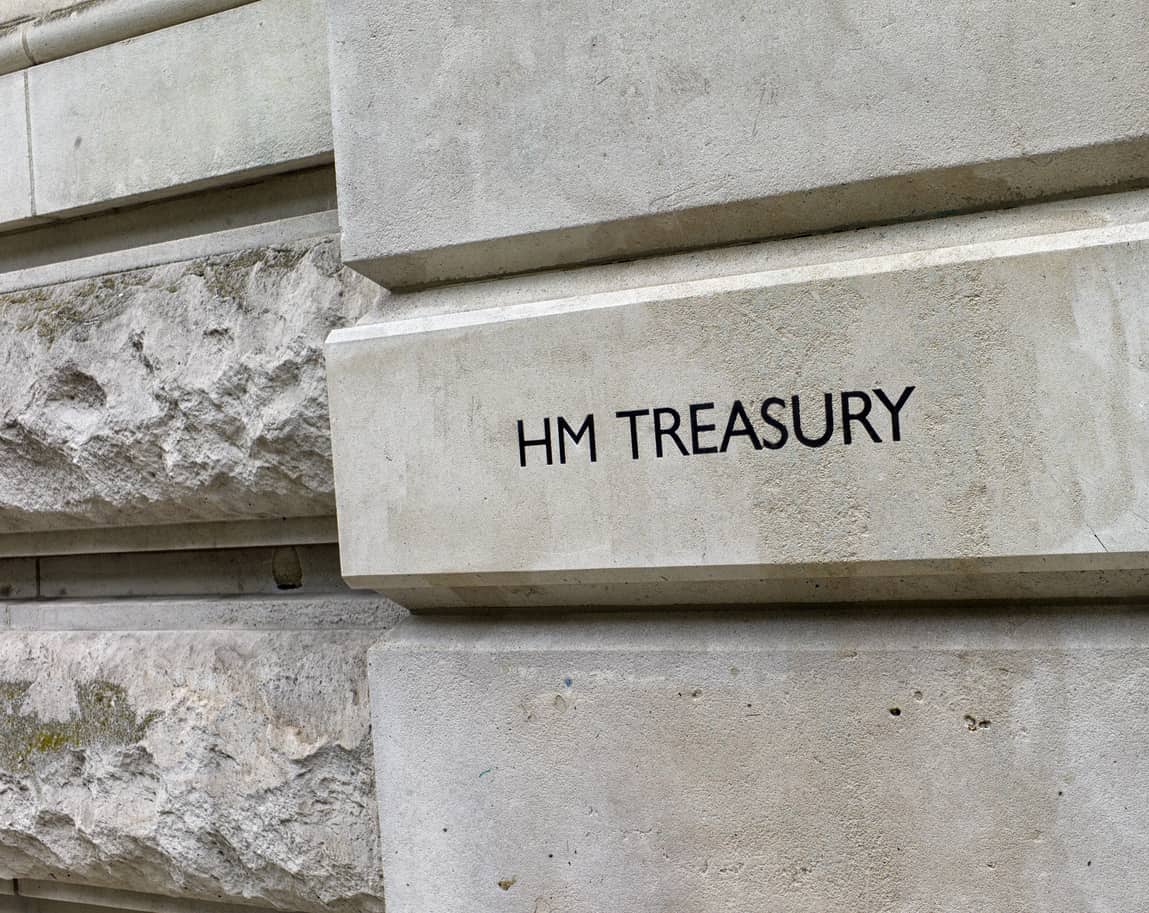CaSE has responded to the December 2019 Queen’s Speech, with commitments from Government on funding, skills and strategies for science and innovation.
CaSE responds to the December Queen’s Speech
19 Dec 2019
Commenting, CaSE Executive Director Dr Sarah Main said:
“We welcome the Government’s renewed commitment to science and innovation, placing it at the heart of its agenda to ‘improve daily life for communities across the country’ in today’s Queen’s Speech. Science and engineering has the potential to drive economic growth and world-leading innovation throughout the next decade and beyond. We look forward to working with the Government and science community to develop its proposals, including new approaches to funding ‘high risk’ research in emerging fields.”
The Government is clear that it intends the UK to leave the EU on 31st January. The Government should make every effort to ensure that the UK becomes the partner of choice for international collaborations, including with the EU. The background briefing to the speech said that the UK “will continue to collaborate internationally and with the EU on scientific research, including with the EU through Horizon.” We look forward to working with the Government to make the case for full Horizon Europe association.”
CaSE will continue to work with the Home Office, BEIS and other stakeholders to make sure the proposed new fast-track visa for science meets the needs of the UK’s science and research community. In particularly that it reflects the interdisciplinary nature of modern, cutting edge research and the various individuals, including technicians and early career researchers that make up successful research teams.”
Details announced in the Queen’s Speech that affect science and innovation investment include:
- Setting out plans to significantly boost public R&D funding, to accelerate the Government’s ambition to reach 2.4% GDP spent on R&D by 2027.
- The Government will increase the R&D tax credit rate to 13 per cent and review what R&D-related costs qualify for tax credits.
- Establishing a new National Space Council and launching a comprehensive UK Space Strategy.
- Introducing a revised Tier 1 visa system to attract global scientific and research talent.
- Backing a new approach to funding high-risk emerging fields of research and technology. The government will work with industry and academics to finalise this proposal.
- Reducing bureaucracy in research funding to ensure our brilliant scientists are able to spend as much time as possible creating new ideas.
- Prioritising investment in industries of the future where the UK can take a commanding lead – such as life sciences, clean energy, space, design, computing, robotics and artificial intelligence. The government will drive forward development of these technologies by investing in hubs around world-leading universities.
Details announced in the Queen’s Speech that affect Higher and Further Education include:
- Investing £1.8 billion over five years in a rebuilding programme to upgrade the entire further education college estate.
- Establishing 20 Institutes of Technology across England- unique collaborations between further education colleges, universities, and employers –– offering higher technical education and training in science, technology, engineering and maths subjects, to give people the skills they need for key sectors such as digital, construction, advanced manufacturing and engineering.
- Committing to making sure higher education funding reflects a sustainable model that supports high quality provision, maintaining our world-leading reputation for higher education and delivering value for money for both students and the taxpayer.
- Ensuring that our universities are places where free speech can thrive, and will strengthen academic freedoms.
- Ensuring better value for students in post-18 education, have more options that offer the right education for each individual, and remove barriers to access for disadvantaged young people.
- Considering the thoughtful recommendations made in the Augar Review carefully.
NOTES
Ahead of the election CaSE put together a synopsis of where the parties stand on the key issues relating to science and engineering. You can read our analysis of the Conservative Manifesto as well as analysis of earlier announcements made by the Conservative leader during the campaign:
During the election CaSE published its’ election manifesto’ with three asks for the political parties:
- A long-term plan to reach 3% of GDP invested in R&D by the end of the next decade, with planned annual increases for public investment in R&D
- Make the UK a partner of choice for international collaborations, including with the EU
- An immigration system that works for Science and Engineering
Our R&D ask is taken from our report published earlier this year, ‘Building on Scientific Strength; The Next Decade of R&D Investment’, on how the Government can stimulate a rise in the UK’s research intensity and meet the goal of investing 2.4% of GDP in R&D by 2027.
In the election campaign, CaSE and other senior organisations in the sector organised a hustings event for representatives from the political parties to answer questions on science and engineering.
Related press

CaSE’s initial response to Spending Review 2025 following the Chancellor’s speech and the publication of the supporting documents.

The weekend before the UK Government’s 2025 Spending Review, the Department of Science Innovation and Technology (DSIT) announced the headline R&D spending plans for the next four years.

DSIT have today announced the criteria that will be used by government to set ten-year R&D budgets. We welcome this positive step towards a long-term sustainable policy platform that allows the UK R&D sector to thrive.

On Monday 12th May 2025 the UK Government published an Immigration White Paper titled Restoring control over the immigration system. Here is CaSE’s initial response to the publication.